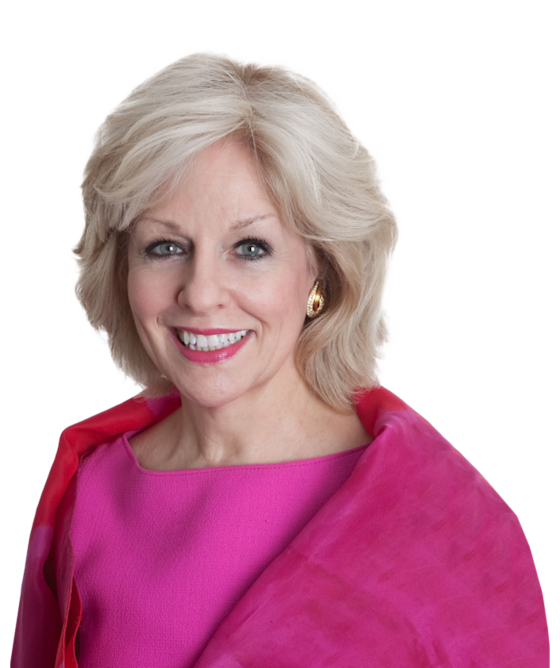How often are you in back-to-back meetings or tasks without breaks in between?
Why is everyonetalking aboutBrainHealth Week?

Save the date: BrainHealth Week 2026 is February 23-28!
Every year, this weeklong event brings together communities and partners to explore ways each of us can take charge of our own brain health. But brain gains happen all year long – get a head start on next BrainHealth Week with highlights and takeaways from our third annual event, entirely free of charge. Leverage the latest neuroscience to help reach your limitless brain potential.It’s time to create a wellness plan for you brain! We eat right to protect our bodies, and exercise to strengthen our hearts and muscles. We also need a plan to nurture this vital organ.

Broaden Your Perspective by Reading
Reading something new helps challenge status quo thinking and strengthen your innovative capacity.

Think "Elephants and Rabbits"
Having a strategic approach to your to-do list helps your brain release the feel-good hormone dopamine.

Shape Your Brain in Nature
Being in nature has a profound impact on the brain, helping dial down stress hormones and anxiety.
Instead of focusing on how many things you checked off your list today, shift towards the measures that matter most — Were you more innovative? More purpose-driven? More socially fulfilled?
Sandra Bond Chapman, PhD
Founder and Chief Director
Upcoming Events
Psychology and Neuroscience of Human Values
–
Professor, author and podcaster Daniel Krawczyk, PhD, studies reasoning, decision-making, human performance, and the relationships between the brain and behavior during these processes. His cognitive neuroscience research lab focuses on understanding reasoning and decision making using a diversity of methods, including behavioral studies, machine learning, imaging and brain stimulation. He has led multiple federally funded studies evaluating thinking and cognitive performance.
FreeIn-PersonVirtualWhy We Remember – and How to Hold on to What Matters Most
–
Charan Ranganath, PhD, explains the hidden role memory plays in our lives and how we imagine the future. Author of the New York Times bestseller Why We Remember, Dr. Ranganath has pioneered a new way of thinking about the everyday act of remembering. One of the world’s top memory researchers, his work sheds light on the powerful role of memory in nearly every aspect of life, from recalling faces and names, to learning, decision-making, trauma and healing. He is director of the Dynamic Memory Lab at UC Davis and is an affiliated faculty with the Center for Mind and Brain.
In-Person
